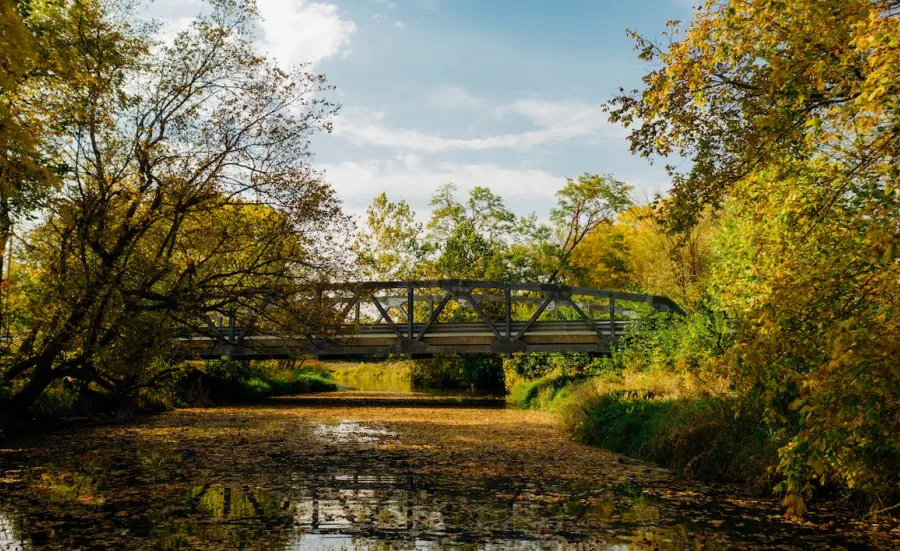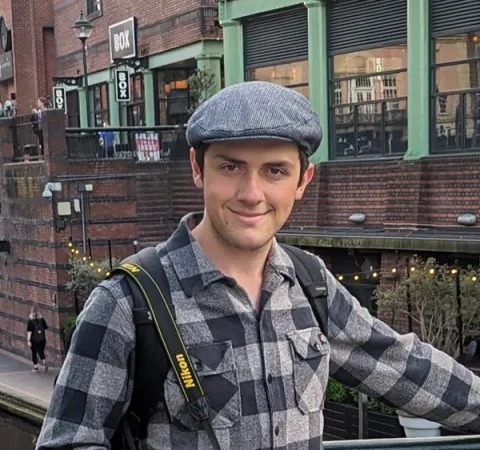Water and Environmental Engineering Group

We are a multidisciplinary team of academics, research staff and postgraduates who try to improve the world we live in through engineering solutions.

We are a multidisciplinary team of academics, research staff and postgraduates who try to improve the world we live in through engineering solutions.

The Water and Environmental Engineering Group (WEEG) seek to improve the world we live in through engineering solutions. We bring a variety of fundamental disciplines and skills to our work in the following areas:
More information on these three research areas can be found using the above links, including information such as news, facilities, videos, resources and detailed projects and publications.
You can also explore our selected projects and publications. If you are considering doing an MSc or PhD with us, investigate our postgraduate opportunities.
If you are considering doing a PhD in one of our research areas, please contact:
The complete list Masters level courses on offer can be found in our Course finder (filtered by “Civil Engineering”). However, we offer taught MSc programmes where students can choose modules in water and environmental engineering. These include (but may not be limited to):

You can apply for one of the opportunities listed below (filter by ‘’Engineering’)
Water and Environmental Engineering Group
B178, Boldrewood Campus
University of Southampton SO16 7QF




